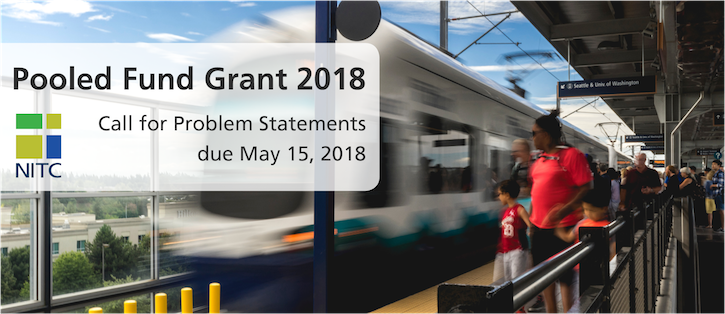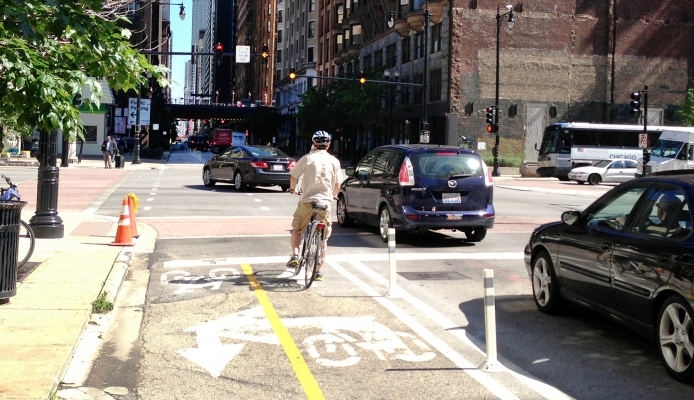Our multi-year study on automated transit fare collection offers a key finding that won't surprise you: Despite the convenience, the rush toward cashless fare systems has created barriers for lower-income riders seeking to use transit. Results from focus groups, surveys, and a review of current transit agency practices suggest that continuing to accept cash is a crucial way to keep transit accessible. However, dealing with cash has drawbacks: it’s time intensive and expensive. Using a detailed cost-benefit model, the researchers explored the costs for agencies to maintain some cash options and found that some simple approaches can be quite effective. The best bang for the buck? Cash collection on board buses.
Launched in 2019, the research project "Applying an Equity Lens to Automated Payment Solutions for Public Transportation" was supported by a Pooled Fund grant program from the National Institute for Transportation and Communities (NITC) and conducted at three universities: Portland State University (PSU), the University of Oregon (UO), and the University of Tennessee, Knoxville (UTK). The other funding partners were City of Eugene, OR, City of Gresham, OR, Lane Transit District, Clevor Consulting Group, and RTD (Regional Transportation District) Denver....
Read more

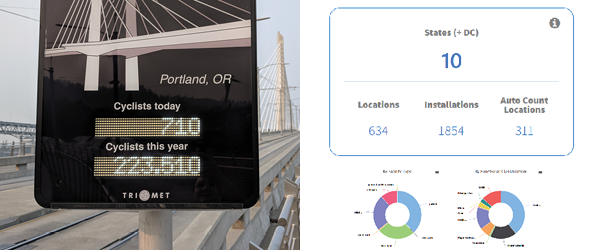
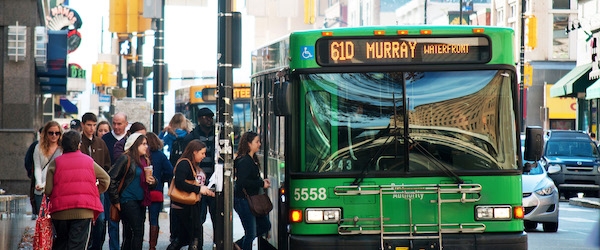
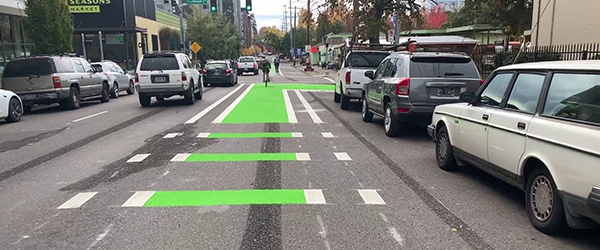
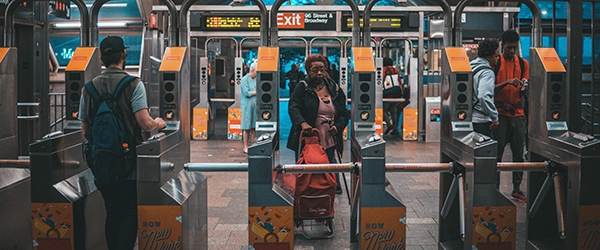
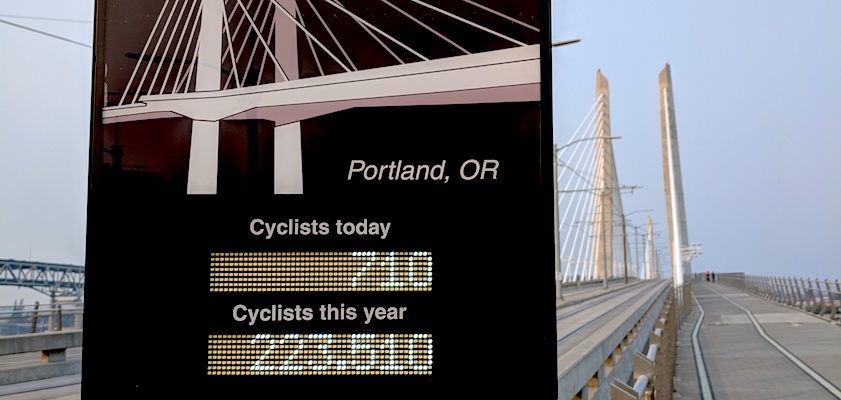
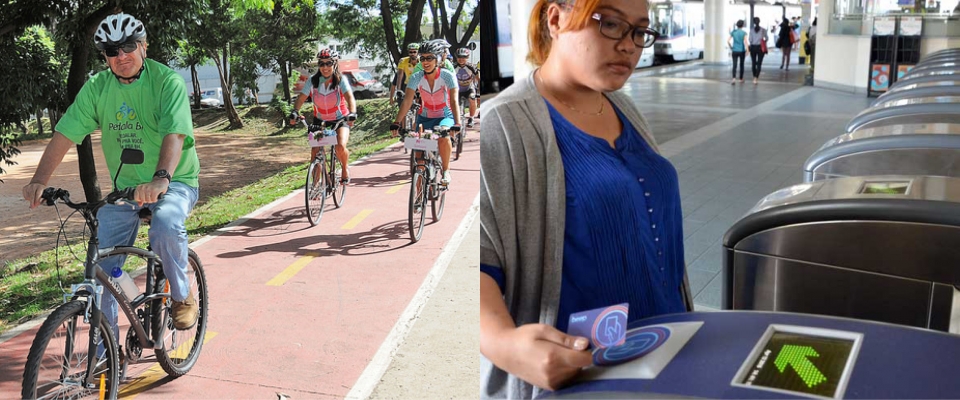
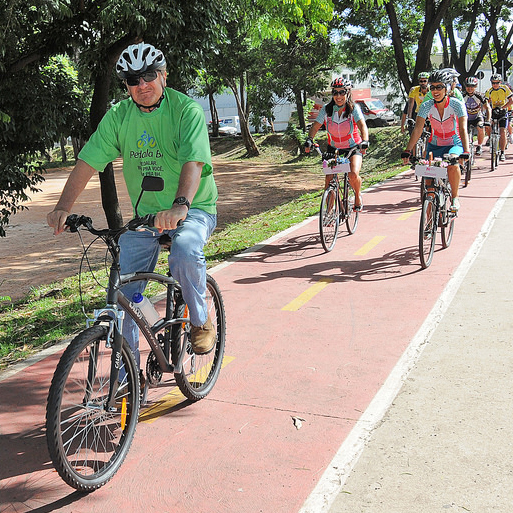 Exploring Data Fusion Techniques to Derive Bicycle Volumes on a Network
Exploring Data Fusion Techniques to Derive Bicycle Volumes on a Network